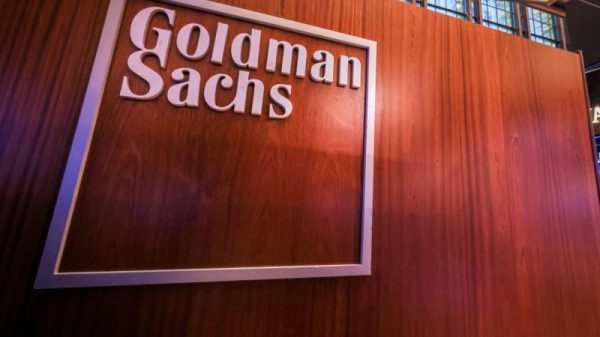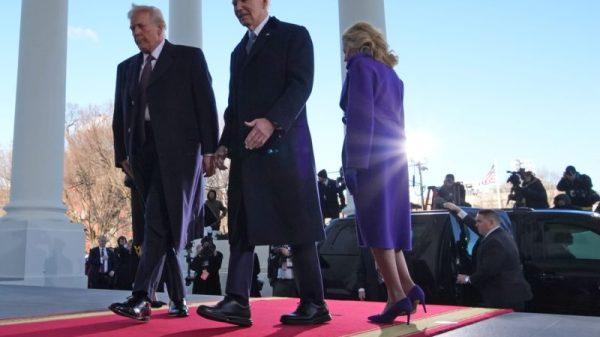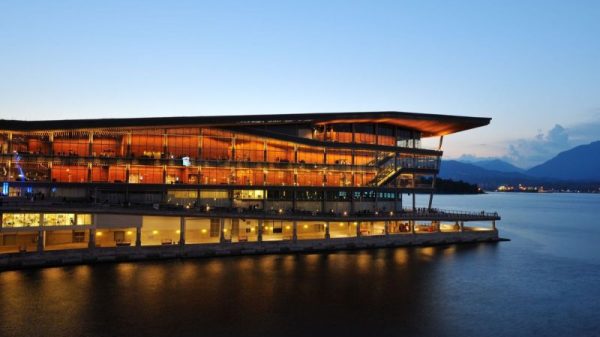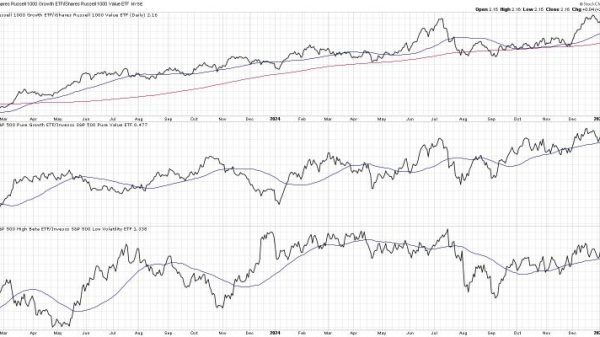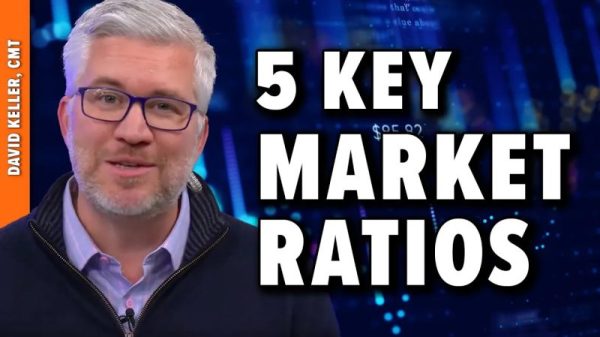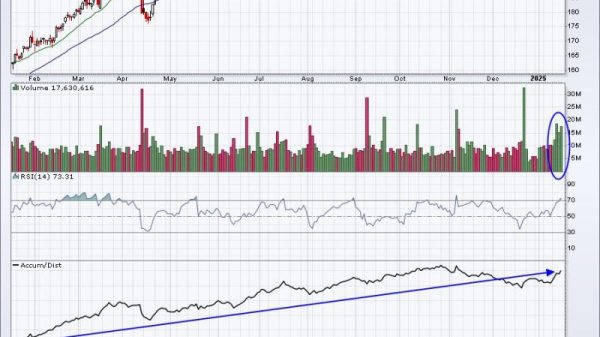Just hours before the black SUVs carrying dozens of European leaders crunched across the gravel of Blenheim Palace on Thursday, Republican vice-presidential candidate JD Vance put the US’s foreign partners on notice.
“Together we will make our allies share in the burden of securing world peace,” he said at the Republican National Convention in Milwaukee. “No more free rides for nations that betray the generosity of the American taxpayer.”
That wasn’t even the most strident rhetoric we’ve heard from the junior senator from Ohio, who voted against the US supplemental aid package for Ukraine that passed in April. In February, he told the Munich Security Conference “the American security blanket has allowed European security to atrophy,” arguing that in a world where munitions manufacturing is limited, the only option for Ukraine is a negotiated settlement.
Vance was echoing the GOP’s presidential candidate Donald Trump, who has long criticized NATO and accused partners in the security alliance of failing to pay their fair share. The former president has also hinted at paring back military aid to Ukraine and claimed that he could have the war settled through negotiation in 24 hours if reelected.
And yet the mood among European leaders arriving in the rolling Oxfordshire countryside is one of resignation, and resolve.
Finland’s President Alexander Stubb, the head of one of NATO’s newest members, has read Vance’s book, “Hillbilly Elegy,” describing it as “very good.”
“Is there a rebalancing going on? Yes. Europe needs to take care of its defense more.”
UK Prime Minister Keir Starmer, just two weeks into the job, was hoping the Thursday summit involving 42 European heads of state or government would be a strong show of unity, “a signal to Russia of our resolve.”
And yet one EU leader has signaled something quite different to Russia. Hungarian Prime Minister Viktor Orban, who has never supported military aid to Ukraine, chose the first week of his rotating EU presidency this month to visit President Vladimir Putin in Moscow, on what he called a “peace mission.”
Speaking at the meeting at Blenheim Palace, Ukrainian President Volodymyr Zelensky was blunt. Preserving European unity is critical to a long-lasting peace, he said. “But if someone in Europe tries to resolve issues behind others’ backs… if someone wants to make some trips to the capital of war… then why should we consider such a person? The EU and NATO can address all their issues without this one individual.”
Europe did manage a show of unity, but one that faces mounting tests, including the prospect of a new US administration that may pull its support for Ukraine, and an increasingly active Ukraine-skeptic in its midst.

